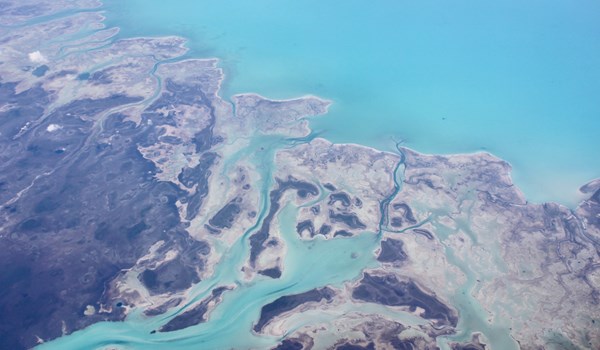Jurisdictions
Regions
Industry Sectors
14/07/21
INTERNATIONAL TAX: Minimum business tax could derail some Caribbean economies, says Bloomberg.

As published on jamaicaobserver.com, Wednesday 14 July, 2021.
Bloomberg , in one of its latest reports, titled, Caribbean Tax Havens Fret They're at Risk from Global Crackdown, suggests that the global minimum tax, a new corporate tax regime under discussion among G20 countries, has the potential to derail some Caribbean countries which operate as tax havens.
Under the proposal, companies will have to pay 15 per cent tax regardless of where they are incorporated. While the new tax system is yet to be approved by G20 countries, it is cause for scalp scratching among several Caribbean countries – including The Bahamas, the Cayman Islands, the British Virgin Islands, and Bermuda — where companies are able to operate with little or no taxation.
Many large corporations based in developed nations have subsidiaries in the islands which permit savings in the US$ millions annually from low or no tax charges. It is believed the proposed tax system may “undermine the incentive for global companies to set up shop on storm-prone islands in the islands”, according to Bloomberg.
Other research sources indicate that low-income tax jurisdictions normally supplement lost government revenues by imposing tariffs, referred to as customs and import duties. This in turn leads to a higher cost of living in the islands.
Cayman is cited as home to roughly 100,000 companies. There are no capital gains taxes while corporations and hedge funds are free from taxes on income and profit gains. A similar haven is British Virgin Islands (BVI) which hosts about 400,000 companies. Tax haven governments typically impose a registration fee on all newly incorporated business entities like companies and partnerships. Companies are also required to pay a renewal fee each year to continue to be recognised as an operating company.
The cost to register a company in the BVI is cited as ranging between US$9,000 for an international business company and about US$18,000 for a resident company.
The authorities may also impose additional licensing fees for companies in the financial services industry. The Government of the British Virgin Islands is reputed to have collected over US$200 million in corporate fees on an annual basis as of 2016.
Tax haven countries also benefit from corporate investments in business operations that offer jobs to the country's residents.
Some tax havens in the Caribbean, such as The Bahamas and Cayman, also have a booming resort sector which attracts visitors. Departure taxes, airport taxes and other levies are additional sources of revenue.
Bloomberg in its analysis notes, “With scant natural resources or big industry, much of the region's economy depends on luring international business with rock-bottom rates.
“Anguilla, the Cayman Islands, Bahamas, Bermuda, the British Virgin Islands, and Turks and Caicos charge no corporate income tax. Places like Puerto Rico, and Barbados have rates low enough to make them attractive.”
The G20 plan, Bloomberg stated, “would undermine the incentive for global companies to set up shop on storm-prone islands in the Caribbean,” quoting Zagaris, an international tax lawyer in Washington, and a member of the Caribbean Policy Consortium.
Expected to disappear is the ability of large corporations to post untaxed profit.
Bloomberg cited oil giant Royal Dutch Shell Plc booked US $21.5 billion in revenue through Bahamas in 2019, and $848 million in profit, on which it paid no tax; and a Dublin-based subsidiary of Microsoft Corp, which used its Bermuda “tax residence” to book $314 billion in tax-free profit.



